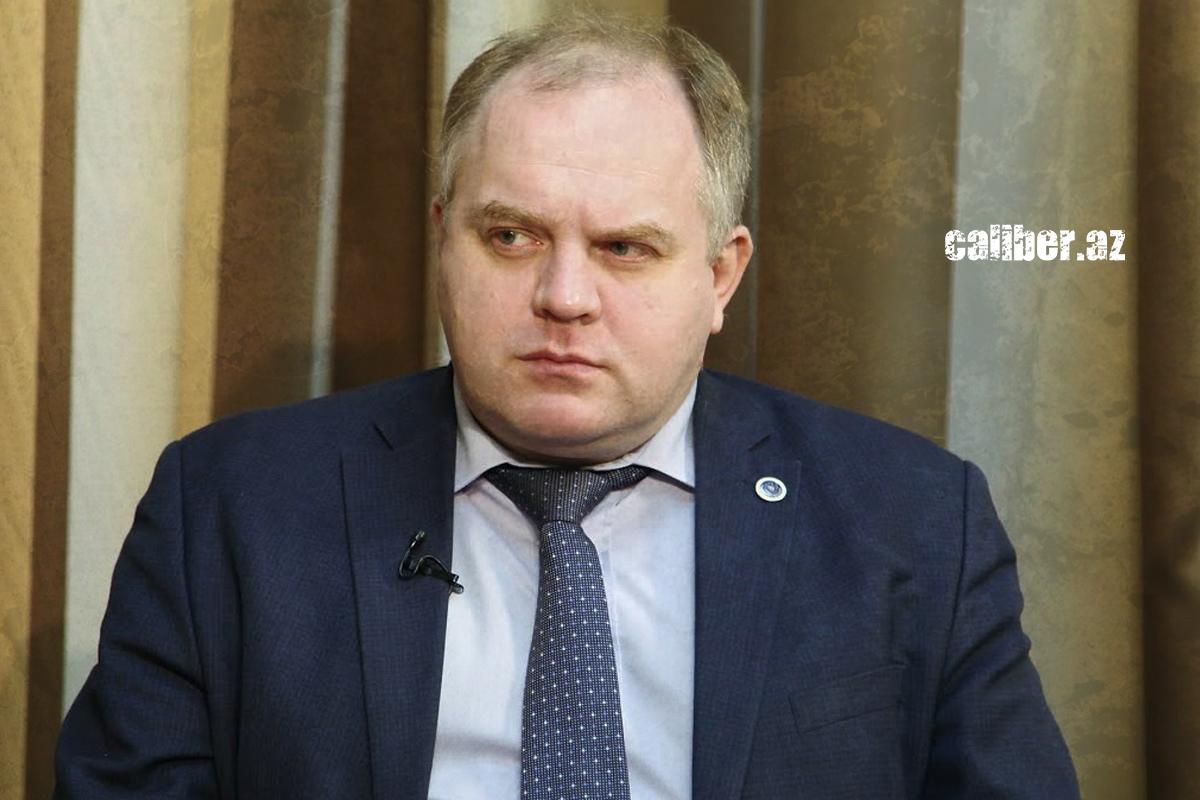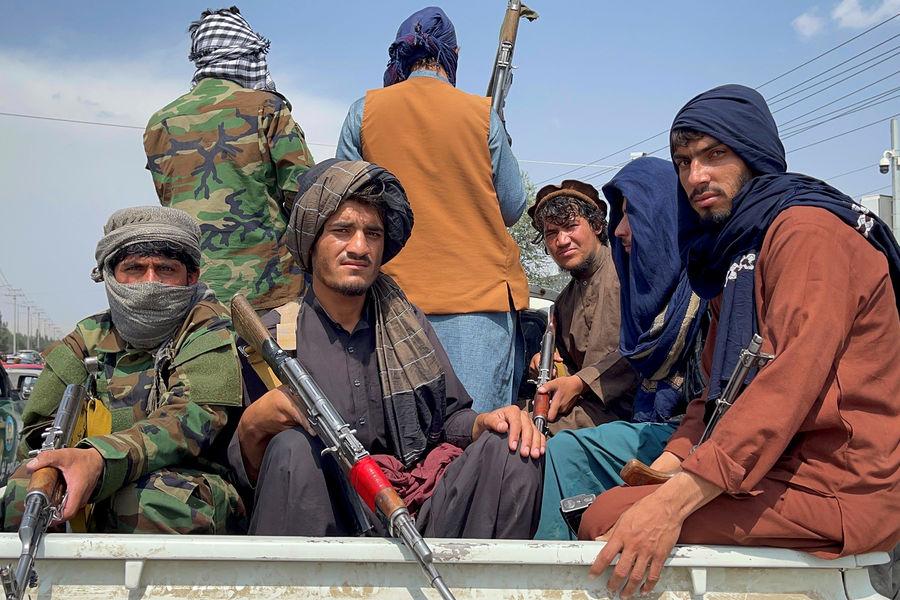Can Trump end the wars in the Middle East? Expert opinions
In an exclusive interview with Caliber.Az, Alexander Shatilov, Dean of the Faculty of Sociology and Political Science at the Financial University under the Government of the Russian Federation, provides an insightful analysis of US policy under a potential second term for Donald Trump.

— Alexander Borisovich, do you think US policy toward Iran could become more stringent if Donald Trump returns to the White House? Is there a risk of war, or would it be limited to new sanctions?
— I believe that Trump, who based much of his political platform on securing maximum support for Israel and promoting the concept of "Judeo-Christian civilization," is not the best option for Iran. Furthermore, during his campaign, Donald Trump frequently mentioned alleged assassination plots against him by the Islamic Republic of Iran (IRI) and strongly criticized the Ayatollahs' regime for its fundamentalism and anti-Semitism. At the same time, the main goal of a new American president, as a crisis manager, is less about organizing a large-scale conflict in the Middle East and more about demonstrating US power and influence in the region. Therefore, it’s likely that he will continue to regularly threaten Iran with war and encourage Israel’s anti-Iran actions that teeter on the brink of escalation, but it’s unlikely he would engage in large-scale military actions. The main objective of Trump’s strategy would be to intimidate the Iranian elite, undermine their authority in the region, and provoke internal escalation within Iranian society.
— Do you think Trump will be able to stop the wars in the Middle East?
— In my opinion, Trump will try to "put in place" not only Iran (while simultaneously pulling it away from Russia) but also the Arab monarchies, which have recently become more independent from the United States. Interestingly, I believe some pressure will also be applied to the Turkish leadership, which, although ideologically close to Trump, has taken an increasingly independent stance in recent years in its dealings with the West.
However, such grandiose Middle Eastern plans may face resistance not only from regional players, who have grown accustomed to not being directly led by the US. but also, from international heavyweights like Russia and China, as well as from the US domestic opposition (the Democrats).
In my view, Trump’s main efforts will be focused on slowing down Russia’s progress in Ukraine, and as long as that goal remains unmet, a large-scale war in the Middle East is unlikely.
— The Taliban movement has expressed a desire to develop relations with the US How will the United States respond?
— Although Trump has a strong aversion to Islamic fundamentalists, there is still a possibility of a pragmatic compromise here. It's possible that relations between the two countries will be normalized, though it’s unlikely to reach the point of recognizing the Taliban as the official government. At the same time, "an empty space is soon filled" — if the U.S. chooses to ignore the current Afghan authorities, their place will be taken (and is already being taken) by Russia, China, Iran, and others.

— In your assessment, will the US continue its trade war with China, or is a warming of relations more likely?
— Regarding China, the US under Trump will likely continue its long-standing approach of using both "carrots and sticks." On one hand, there will be attempts to weaken Russian-Chinese cooperation through promises of sanctions relief, while on the other hand, the US will strive to firmly limit China’s economic influence globally.
— Will Trump be able to fulfil his campaign promise regarding strengthening the dollar?
— Despite all the challenges, the dollar remains the world’s primary reserve currency, and the presence of the Federal Reserve makes the U.S. nearly "unsinkable" in financial and economic terms. Of course, the dollar’s global dominance is largely maintained through the US's active geopolitical and military strategies. Trump understands this, so his "aggressive" style will largely focus on strengthening the position of the dollar in global financial markets.
— What changes can we expect in the global economy under a Trump presidency?
— The political factor will play a larger role in economic relations, and there will likely be a certain rejuvenation of the US economy (partly at the expense of weakening the European economy). The influence of neoliberalism in both politics and economics will also decline.








